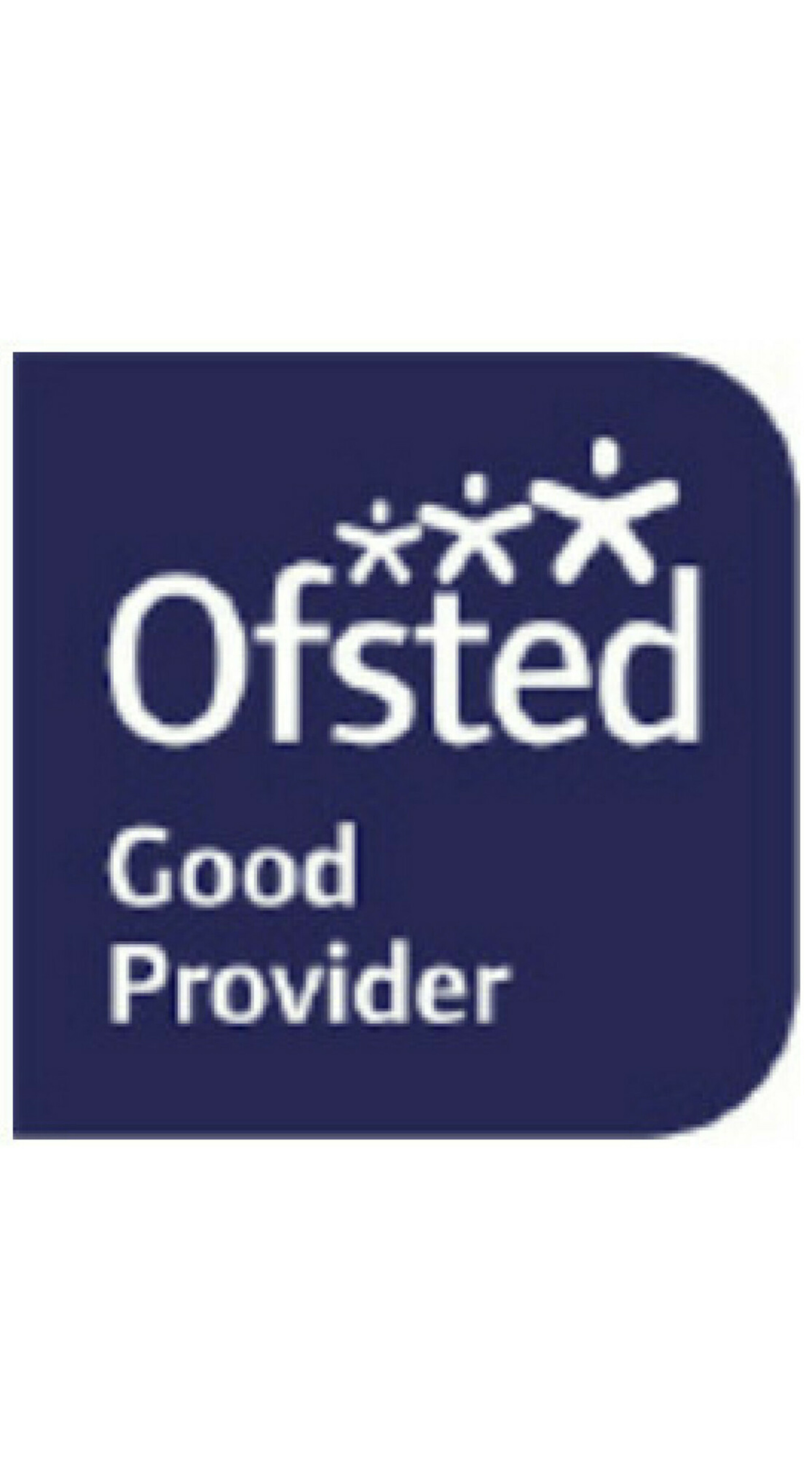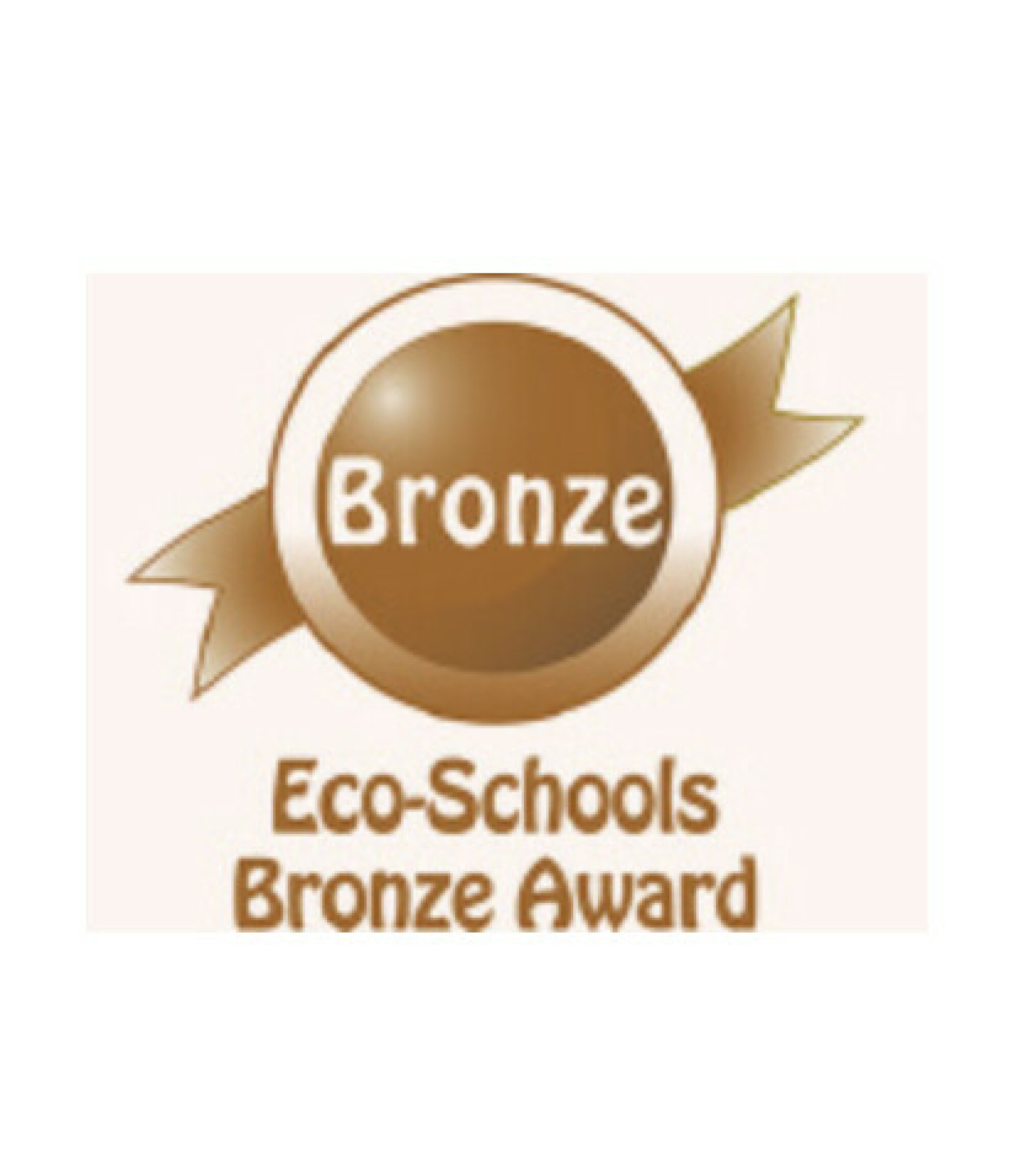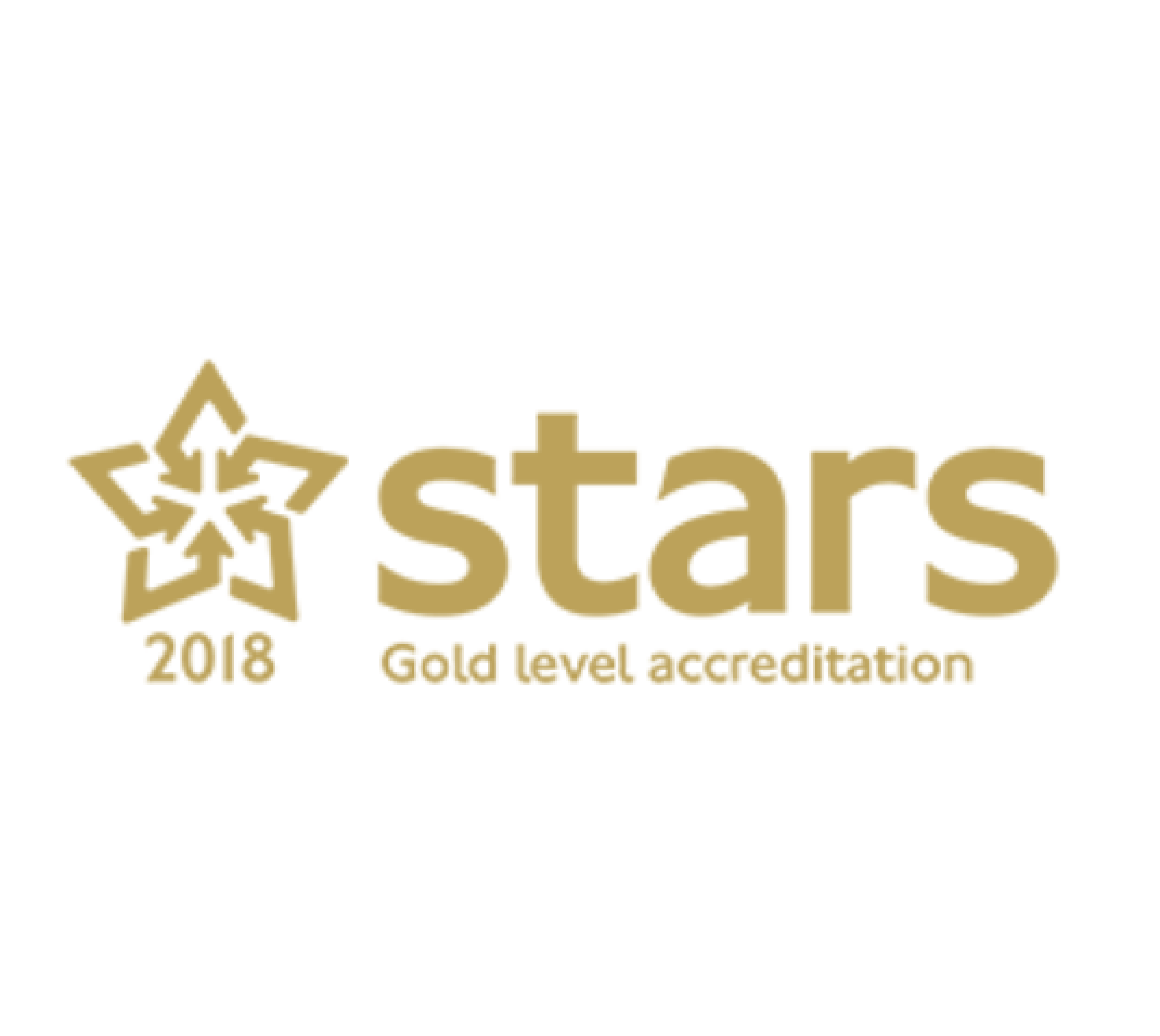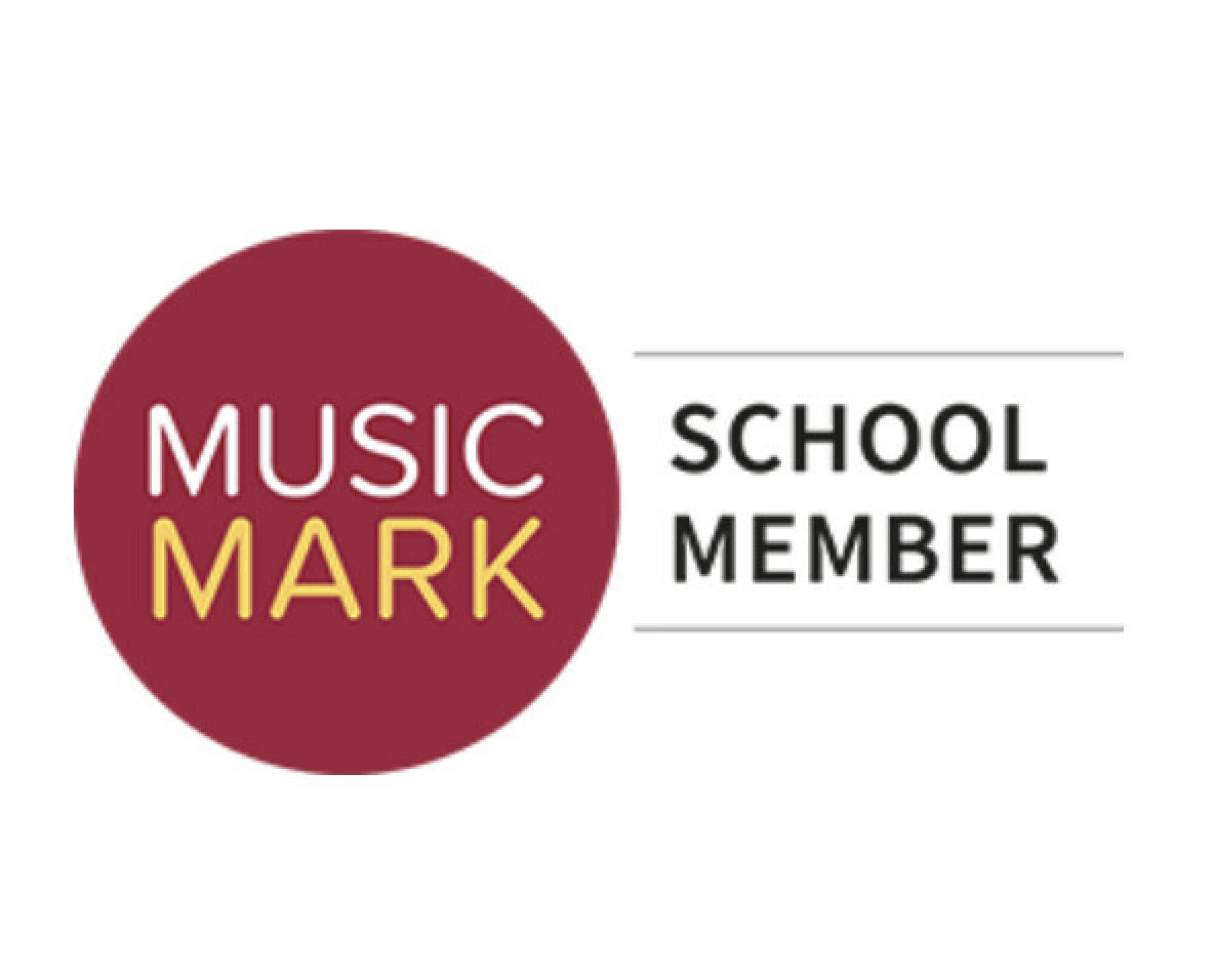Early Years Foundation Stage
In both Nursery and Reception we follow the Early Years Foundation Stage Curriculum. There are seven areas of learning and development. All areas of learning and development are important and inter-connected.These areas are particularly crucial for igniting children’s curiosity and enthusiasm for learning, and for building their capacity to learn, form relationships and thrive.
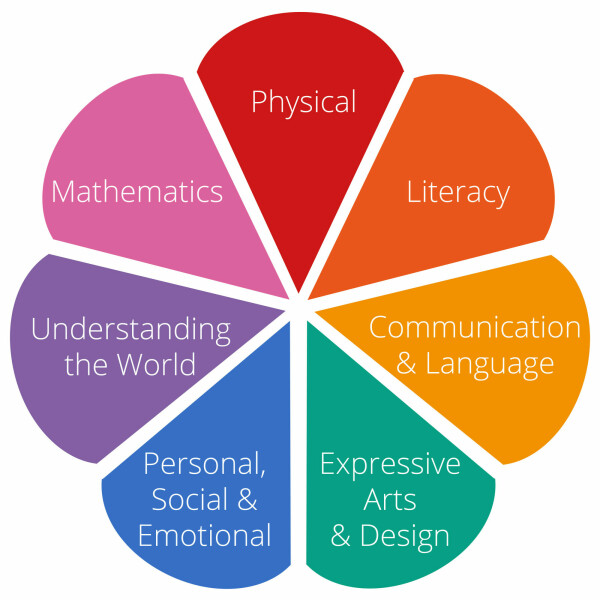
Children in the Foundation Stage have access to all areas of the curriculum simultaneously throughout the day. They can learn both in the classroom and in their own large outdoor area. We provide a stimulating environment in which they can discover and learn about the world around them via their own exploration. There are also adult-led group activities and whole-class carpet times.
Anti-Bullying Week Video
The theme for Anti-Bullying week this year was, ‘Make some Noise’. All classes wrote their own Anti-Bullying songs. The Reception classes were so inspired, they decided to create their own Music Video using ‘Andy and the Odd Socks’ song, ‘Unique’! We are super proud of the finished video!
PLEASE WATCH THE VIDEO HERE.
PSED is a key area of the Foundation Stage curriculum. We aim to ensure that the children feel secure and valued so that they can develop confidence in themselves and form secure, constructive relationships with others. We also encourage the children to make independent informed choices in both their actions and their learning.
Every child in the Foundation Stage has a Key Worker who takes responsibility for tracking children’s progress across the seven areas of learning.
The EYFS follow the whole school approach of RULER to support their social and emotional skills. For more information on RULER please look at the information here: Social and Emotional Learning.
Physical Development is a prime area of the Early Years Curriculum. The children have access to the outside area throughout the whole day. Despite not having a formal whole class PE lesson, the children will have the opportunity to develop a range of gross motor skills, ranging from climbing skills to team games.
To have a holistic approach to physical development and writing development we use the following activities across the Foundation stage:
Write Dance
Squiggle Whilst you Wiggle
-Funky fingers areas in every class
Penpals handwriting scheme
Children’s communication and language is a high priority at Heber. The staff are skilled at developing children’s language through stories, songs, modelling and carefully planned learning activities.
To support children's language development, we use Helicopter Stories and The Poetry Basket. More information can be found here. Click here
The use of familiar stories, dedicated Phonics time, songs and rhymes also supports the children’s development in their speech and language.
An important part of our approach to the development of reading and writing is the use of our whole school phonics scheme, Monster Phonics. This is introduced in Nursery so that by the time our children move into Reception they are familiar with sounds and are already beginning to use them in their reading and writing.
The Reception children have a dedicated daily phonics session which covers all of the essential skills that are needed to read. This includes learning the graphemes, segmenting the phonemes found in words, blending phonemes to make a word and explicit teaching of high frequency words.
Our Literacy lessons normally centre around ‘a book of the week’. The texts we choose are high quality texts that also incorporate our diversity curriculum. The book of the week will be used to extend the children’s vocabulary but also link to other areas of the curriculum.
At Heber we take a multi sensory approach to supporting children’s writing development. We follow the whole school handwriting scheme ‘Penpals’ which puts a high focus on the children’s gross and fine motor skills. Across the Foundation Stage the children take part in Early Programmes such as ‘Write Dance’, ‘Squiggle Whilst You Wiggle’ and ‘Dough Disco’. There will be daily opportunities for children to practice their writing skills and adult led activities for a specific outcome. Information on Squiggle Whilst you Wiggle and Dough Disco.
At Heber we are passionate about Maths being taught across the whole curriculum. In the Foundation Stage the children are given a wide range of practical opportunities where children use concrete objects to develop their Mathematical Knowledge. We want children to draw on their experiences of number, shape, space and measure. This may be through a daily calendar, talking about their birthday, days and months.
The Maths curriculum in Reception is taught through daily carpet sessions. Within these sessions the children are developing skills needed to achieve the Mathematics Early Learning Goals. We follow White Rose and also have a dedicated Mastering Number session. Mastering Number teaches the foundation skills such as subitising, cardinality, number composition and using operations such as addition and subtraction.
Number Blocks are used across the whole Foundation Stage. Mathematical concepts are taught through the introduction of each Number block. The blocks themselves teach children about putting numbers in order, addition, subtraction, more than and fewer than. This step by step journey supports children in having a solid understanding of numbers. More information on Number Blocks can be found here: Number Blocks
Understanding the world involves guiding children to make sense of their physical world and their community. At Heber the children’s knowledge and understanding of the world begins with a focus on themselves, their families and their experiences. They learn to have a strong sense of ‘who they are’.
During the year the children will learn about key celebrations and historical events which teaches them about different cultures and beliefs. Parents and Carers are welcomed to come and speak to the children about events, celebrations and their vocations across the Foundation Stage.
Learning about the wider world and looking at different countries is key learning at Heber. We focus on learning about the natural world including humans and animals. The children take on a key role in planting various plants, herbs and fruits in the outside spaces which supports them to observe changes and learn about growth.
Expressive Arts and Design is the development of children’s artistic and cultural awareness and supports their imagination and creativity. At Heber the children are encouraged to be creative and independent with their media choices. Each classroom has a dedicated Creative Area with a supply of different media for children to access. The children are encouraged to explore 2D and 3D compositions. Guided activities are also planned, which will focus on developing key skills such as drawing, colour mixing and scissor skills.
The children in Nursery and Reception are introduced to different Artists and their work.These Artists are linked to relevant themes and topics. This includes Alma Thomas, Wassily Kandinsky, Yayoi Kusama and Vincent Van Gogh.
Musical Exploration is taught through the use of songs, rhymes and using musical instruments. The children will explore how sounds are made, changed and how to change tempo.
The Nursery and Reception curriculum is further enhanced through visits, trips and workshops. We welcome parental contributions too and have had several parents share their skills (art, music, gardening etc) with the class.
An example of some of educational visits include:
London Aquarium
Crystal Palace Farm
Science Museum
Dulwich Picture Gallery
Outdoor Learning at Heber allows children time and space to explore and develop their learning styles. It lets our children develop a relationship with the outdoor environment, through frequent, and relevant experiences. Our aim is to encourage independence, and raise self-esteem within our children. It offers opportunities to develop thinking, speaking and problem solving skills through small achievable tasks such as bug hunting, leaf matching, mud painting and den building.
The Heber Early Years team facilitates activities in this safe learning environment, allowing freedom, exploration, and play. All sessions follow a routine, starting and finishing at a log circle called base camp. This is the central meeting point where information about the environment and activities are discussed. Base camp is also where children may be called back to at various points during the session in order to review their learning that has taken place.
The children in Nursery benefit from attending weekly sessions at Dulwich Library. This really fosters a love of reading, where the children are able to select texts of their choice to bring back to the Nursery. They also have a dedicated story telling session that is delivered by one of the onsite librarians.

